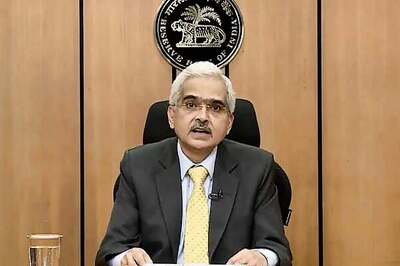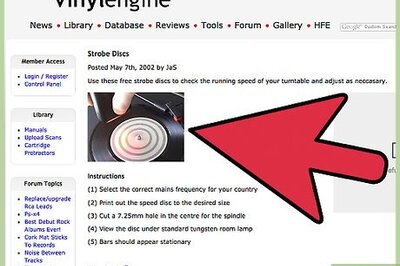
views
New Delhi: Aiming to check demand for gold, Finance Minister P Chidambaram on Thursday proposed inflation-indexed bonds and modified Rajiv Gandhi Equity Savings Schemes with a view to make financial instruments more attractive. "The household sector must be incentivised to save in financial instruments rather than buy gold. Increasing savings and their optimal allocation for productive uses lead to higher economic growth," he said while presenting the Budget.
Besides, he proposed a tax exemption of Rs one lakh for first time home buyers for purchasing property up to Rs 25 lakh between April 1, 2013 and March 31, 2014. "This will promote home ownership and give a fillip to a number of industries like steel, cement, brick, wool, glass etc., besides, jobs to thousands of constructive workers," Chidambaram said.
Seeking to make financial instruments attractive, Chidambaram said, "In consultation with RBI, I propose to introduce instruments that will protect savings from inflation ... These could be Inflation Indexed Bonds or Inflation Indexed National Security Certificates". Besides, he also liberalised the Rajiv Gandhi Equity Savings Schemes to enable first time investors to park funds in mutual funds, as well as listed shares, for three successive years and not one year alone.
"The income limit will be raised from Rs 10 lakh to Rs 12 lakh," he said. Chidambaram also outlined the need to curb import of gold to check the widening Current Account Deficit (CAD). "My greater worry is the CAD. The CAD continues to be high mainly because of our excessive dependence on oil imports, the high volume of coal imports, our passion for gold, and the slowdown in exports. This year, and perhaps next year too, we have to find over USD 75 billion to finance the CAD," he said.
After touching a high of 36.8 per cent in 2007-08, gross domestic savings fell by 6 percentage points in 2011-12. Financial savings accounted for 55 per cent of total household savings during the 1990s. Their share declined to 47 per cent in the 2000-10 decade and it stood at 36 per cent in 2011-12.
Gold imports in the April-December period of current fiscal stood at USD 38.5 billion. It was over USD 56 billion in 2011-12 fiscal. High import of gold impacted the CAD, which widened to 5.4 per cent in the July-September quarter and in the first half (April-September) the CAD was 4.6 per cent.
Chidambaram said there were only three ways to fund the CAD - FDI, FII or External Commercial Borrowing (ECB). "That is why I have been at pains to state over and over again that India, at the present juncture, does not have the choice between welcoming and spurning foreign investment.
"If I may be frank, foreign investment is an imperative. What we can do is to encourage foreign investment that is consistent with our economic objectives," he said. Commenting on the financial schemes for reducing gold import, KPMG Partner (Tax) Naresh Makhijani said, "It is a good step for savers that may entice them to move away from Gold as an investment and help the government reduce the gold import duty."



















Comments
0 comment